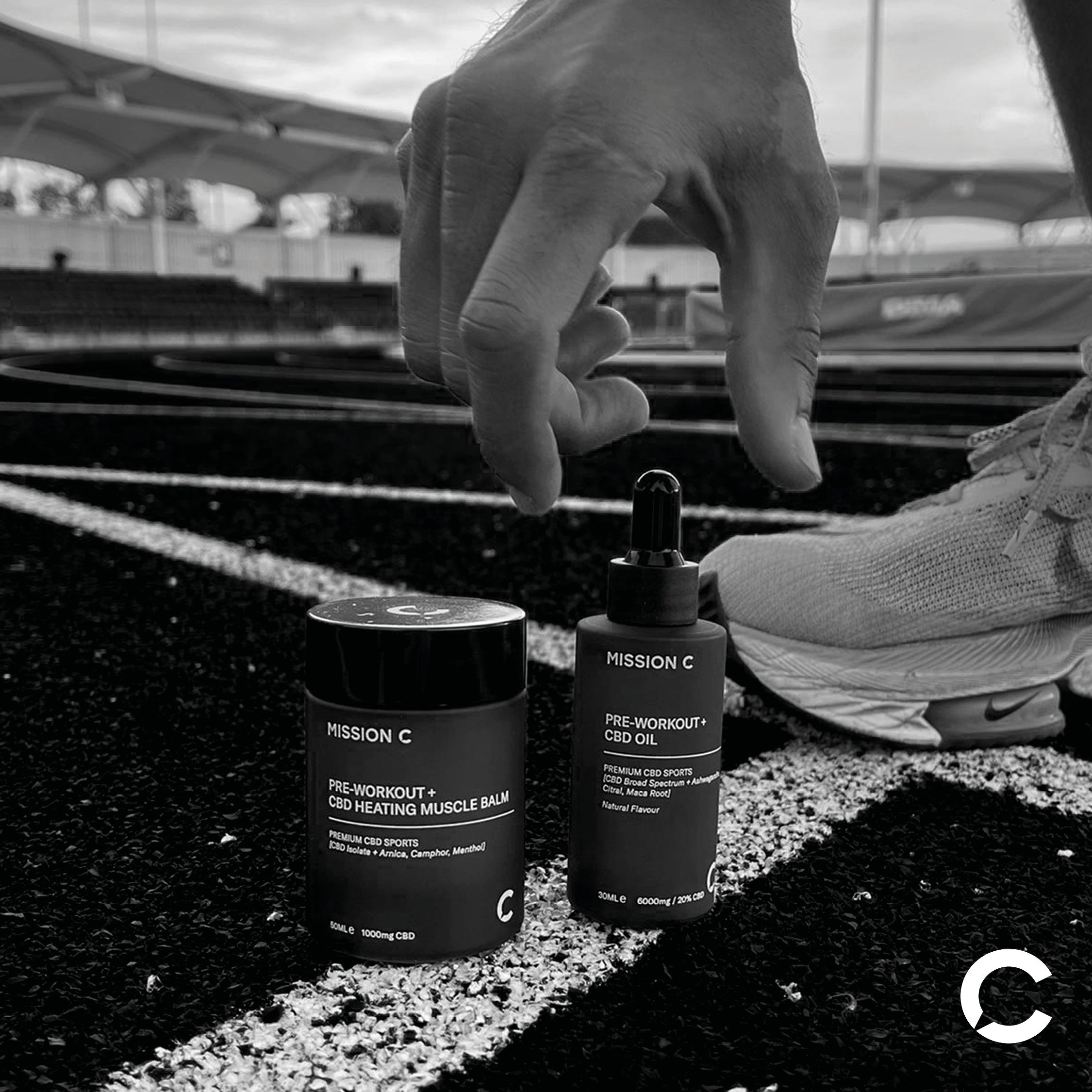
Does CBD oil lower testosterone levels? Does CBD raise testosterone levels? These are a couple of our most frequently asked questions, and for good reason. Hormones, after all, have a significant impact on a wide range of physiological and psychological functions. For your body to work in harmony despite the presence of external stressors, your hormones must be balanced and assist with effective communication throughout the body.
CBD, a natural extract of the hemp plant, has been shown to have exceptional potential in helping maintain homeostasis and improving health and wellbeing, which leads us to question how CBD affects hormones, and what the relationship is between CBD and testosterone, the significant sex hormone.
What is Testosterone?
Testosterone is a sex hormone which is formed within the human body’s primary sex organs. It is often labelled as the male sex hormone but testosterone is also produced in females (albeit in relatively small quantities).
Like all hormones, testosterone acts as a chemical messenger to stimulate physiological changes within the body. It is first produced during puberty and your body continues to produce testosterone for the rest of your life, although production gradually slows in your thirties and beyond.
Testosterone is associated with many important functions, including:
- The production of sperm in males
- Sex drive
- The maintenance of healthy bone mass
- Growth and maintenance of muscle
- Fat distribution
- Red blood cell production
Your brain and pituitary gland regulate testosterone production and distribution in your body. Low testosterone levels can impact your body in several ways, such as:
- Low sex drive
- Decreased muscle and bone mass
- Weight gain
- Mood changes and irritability
- Fatigue
- Infertility
Hormones and The Endocrine System
The body’s endocrine system is made up of hormones and the glands that produce them. Glands are situated throughout the body and the hormones they produce are released into the bloodstream to be transported to various organs, creating a complex chemical signalling network to regulate several functions and promote homeostasis. These functions include sex drive, energy, mood, metabolism, appetite and more.
Hormones can become unbalanced at certain life stages such as during puberty, pregnancy or menopause. However, hormones may become chronically unbalanced and trigger some disorders or illnesses. External stressors such as environmental pollutants including pesticides and industrial chemicals, for example, can play havoc with our endocrine system, contributing to chronic hormonal imbalance.
Does CBD Oil Affect Hormone Levels?
So let’s get to the point: does CBD have an impact on hormones? In short, yes, although not enough scientific research has been carried out to understand to what extent CBD influences hormone levels. Based on early-stage research, scientists recognise that CBD can impact hormone levels and functions in three ways:
1. Hormone Production
Your endocannabinoid system (ECS) complements the endocrine system by controlling the glands in your body, which are covered with cannabinoid receptors. Endocannabinoids interact with cannabinoid receptors to change the way hormones are secreted, which subsequently impacts their effect on organs.
CBD also interacts with these cannabinoid receptors, effectively mimicking the activity of endocannabinoids. Ultimately this means that CBD has an indirect influence on hormone production and can alter hormone synthesis and secretion.
2. Response
CBD also has the ability to influence the number of chemical messages received by an organ. The target receptor’s reaction can be intensified or weakened by CBD and endocannabinoids, which essentially enhances or decreases the strength of the signal.
This, in turn, stimulates the response mechanism of the glands to produce more or less of a specific hormone.
3. Degradation
When a hormone has completed its job, it is broken down by enzymes ready to be flushed from the system. This is to maintain homeostasis. CBD can influence the speed at which hormone degradation can occur.
Does CBD Oil Affect Testosterone Levels?
Some studies have shown that CBD may help to boost levels of testosterone in the body by stimulating the ECS to produce more of the hormone. Additionally, there is evidence that CBD can significantly lower anxiety and inflammation in the body. Since prolonged stress and anxiety are major factors in decreased production of testosterone, one theory is that using CBD to reduce psychological stress and fight inflammation can help the body produce more testosterone.

Furthermore, CBD has been shown to inhibit an enzyme (17α-hydroxylase) which prevents the decline of testosterone levels in the body.
However, one animal study found that very high concentrations of CBD increased testosterone levels. These were much higher concentrations than people generally consume.
Ultimately, CBD shows promising results when it comes to supporting healthy testosterone levels, but more extensive human-based research is required for conclusive evidence.
The Takeaway
Studies suggest that yes, CBD does impact testosterone levels, we just don’t fully understand to what extent due to lack of clinical trials. CBD interacts closely with the ECS to influence the production of hormones and maintain homeostasis of the body. It has been shown to potentially boost the production of the sex hormone testosterone and additionally, it reduces stress, anxiety and inflammation of the body, all of which are contributors to lowered testosterone levels.
Optimise your hormones and support muscle growth and recovery with our award-winning Post-Workout CBD oil.
Related Articles
CBD Testosterone FAQs
Does CBD lower testosterone levels?
There is no conclusive evidence to suggest that CBD lowers testosterone levels. In fact, some studies suggest that CBD may have a positive impact on testosterone levels by reducing stress and inflammation, which can contribute to low testosterone levels. Does CBD affect hormone levels?
Is CBD good for muscle growth?
CBD may have some potential benefits for muscle growth, but more research is needed to fully understand its effects. CBD has been shown to have natural anti-inflammatory properties, which may help to reduce inflammation and promote muscle recovery after exercise. Additionally, CBD may help to reduce stress and improve sleep, which are both important factors for muscle growth and recovery.


